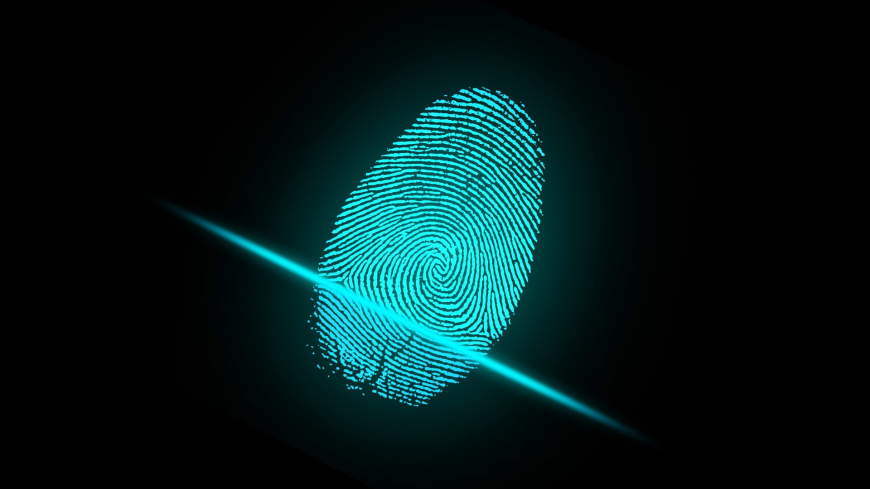7 Proven Ways to Ensure Data Security
It is always important to check your online and offline accounts and ensure that data security practices are being followed. Here are seven proven ways to ensure data security in a digital age.

The previous article explored the need to ensure data security. It mentioned recent internet account breaches that exposed millions of personal information of users and organizational data. These catastrophic events can be combated by adopting persistent security strategies to protect data. What are some of the most important ways to ensure data security?
Correct backup practices
Be it an individual or an entrepreneur, a business group or an organization, the right backup system types and procedures should always be followed, monitored and managed well to avoid data loss. It could be a selective backup of the most important data, full backup, hot backup, remote or local backup and many others. However, if the right systems are not used and managed well, data intended to be secured may be destroyed or possibly lost.
Securing online accounts
Since most backups are made online using e-drives, servers and other related cloud services, it is always better to secure our online accounts connected to these services. Why the need? If online account security is compromised, data stored or information kept may get into the hands of the wrong persons and the effects, as well known, will be very catastrophic. How then can online accounts be secured? Here are a few proven strategies that can help if practised well.
- Try as much as possible to avoid using public computers
- Build stronger passwords
- Try two-factor authentication (2FA) where applicable
- Don't leave your account logged in when you are away from your PC, not even for a second
- Avoiding the use of external assistance when using organizational accounts
- Avoiding the use of browser password saving on both office and public computers
Read How to protect your online accounts
Safe cloud backups
Cloud backup or cloud computer storage, as some may extensively call it, is a system of storing copies of data on a remote, cloud-based server. As a form of cloud storage, cloud backup data is stored in and at the same time accessible from multiple distributed and connected resources that comprise a cluster of related web and computer systems.
Cloud backup solutions are adopted by many enterprises with remote branches distributed across a wide geographical area that need to store a large amount of data to interact between all parties within the organizational body. This information is stored on the internet using a specific storage service provider rather than storing the data locally on a physical disk, such as a hard drive or tape backup. This ensures information is always accessed seamlessly at different centres over a network at any given time.
While this is an effective way of storing data, care must be taken as such information can be stolen if just a single user’s account is accessed by unauthorized persons. Remember: cloud backups for a specific organization are accessed by different users each connected somehow to one (domain) account. Hence, if just one account is stolen, the organisation's entire data (information) is at risk.
Good offline practices
When in a public place, never discuss sensitive business information in crowded places as you never know who may be listening to the background conversations.
While using the printer, immediately pick up all printouts bearing sensitive data and never leave them unattended, even for the least pass of time. Those that are discarded should be taken away when leaving the print bay, destroyed immediately, and disposed of completely.
Also, try as much as possible to avoid remote printing of sensitive data as the printout may get into the hands of the wrong person before you become aware. When leaving your work desk, even for a second, with your computer off sight, always lock your computer screen so that nobody gets access to any onscreen information.
Good online practices
When connecting to public WiFi networks, choose those which are securely encrypted. Never download sensitive personal or business data over public networks, especially those that are not encrypted. The same rule holds for downloading data on public computer systems. What if circumstances will not bar you from using public networks and computers? Well, in these instances, always clear browser data―cache, cookies, history and downloaded files―from public computers after using or working with them.
When engaged in social media activities, never disclose sensitive personal business information to the public or at least to your online friends.
In conclusion, while we cannot prevent data security issues in their entirety, we can always adopt better offline and online practices to secure valuable digital data. Apart from those strategies highlighted in this article, what other ways do you think can help secure our data and online accounts?
Leave a note in the comment section or simply tell us how this article has helped you.
What's Your Reaction?




























